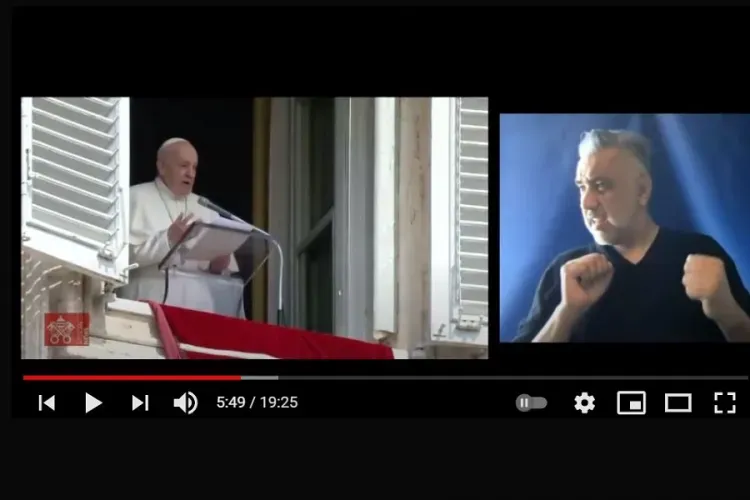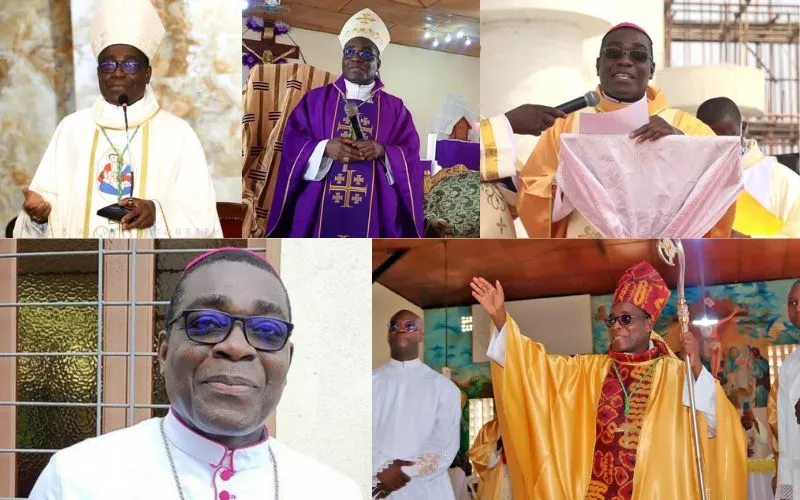The Franciscan sister is now partnering with Vatican News to help bring the pope’s words to deaf people around the world in both Italian Sign Language (LIS) and American Sign Language (ASL).
For now, live LIS interpretation is available, while the videos with ASL interpretation are posted the next day. Each type of sign language has a dedicated playlist on YouTube.
Sign language interpretation is available for Pope Francis’ Wednesday general audience catechesis and Sunday Angelus or Regina Coeli prayer.
Sr. Donatello said that the Church can better serve people with disabilities by, “as the Holy Father reminds us, putting those at the peripheries, the discarded, at the center, listening to them in the decision-making process, in the involvement of proposals.”
Donatello, who grew up knowing both Italian and sign language, said that, as a Church, we need to move past the perspective of holding special “events” or a “Day of…” for people with disabilities, to include them in ordinary life.
“Even people with severe, complex disabilities have a ‘place’ and are active subjects,” she said. “Only by overcoming the pietistic and welfare point of view can one think of a Church for and with everyone.”
Sr. Donatello is able to hear, but she has deaf parents and several deaf relatives, so sign language was her first language. She also has a disabled brother.
Disability has always been part of her life, she explained, and it also had an impact on her vocation to consecrated life.
“My brother Claudio taught me that our brains, our way of doing, of being, of thinking, and of tracing an alternative path, that is, to identify a ‘Plan B,’ is another way to encounter the other,” she said.
“The possibility of using multiple languages,” she added, “has allowed a flexibility as well as a resilience that only those who experience this pain as beauty can understand.”







